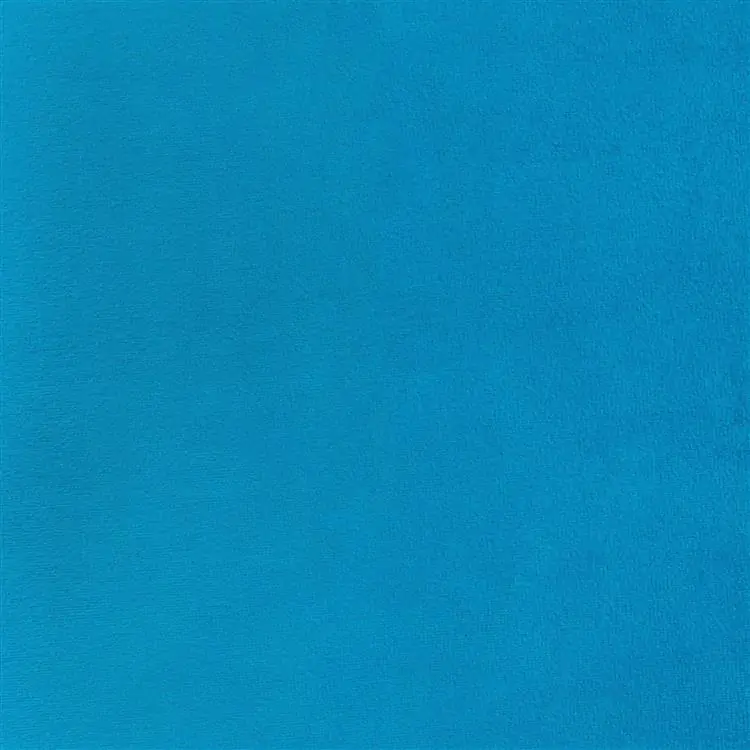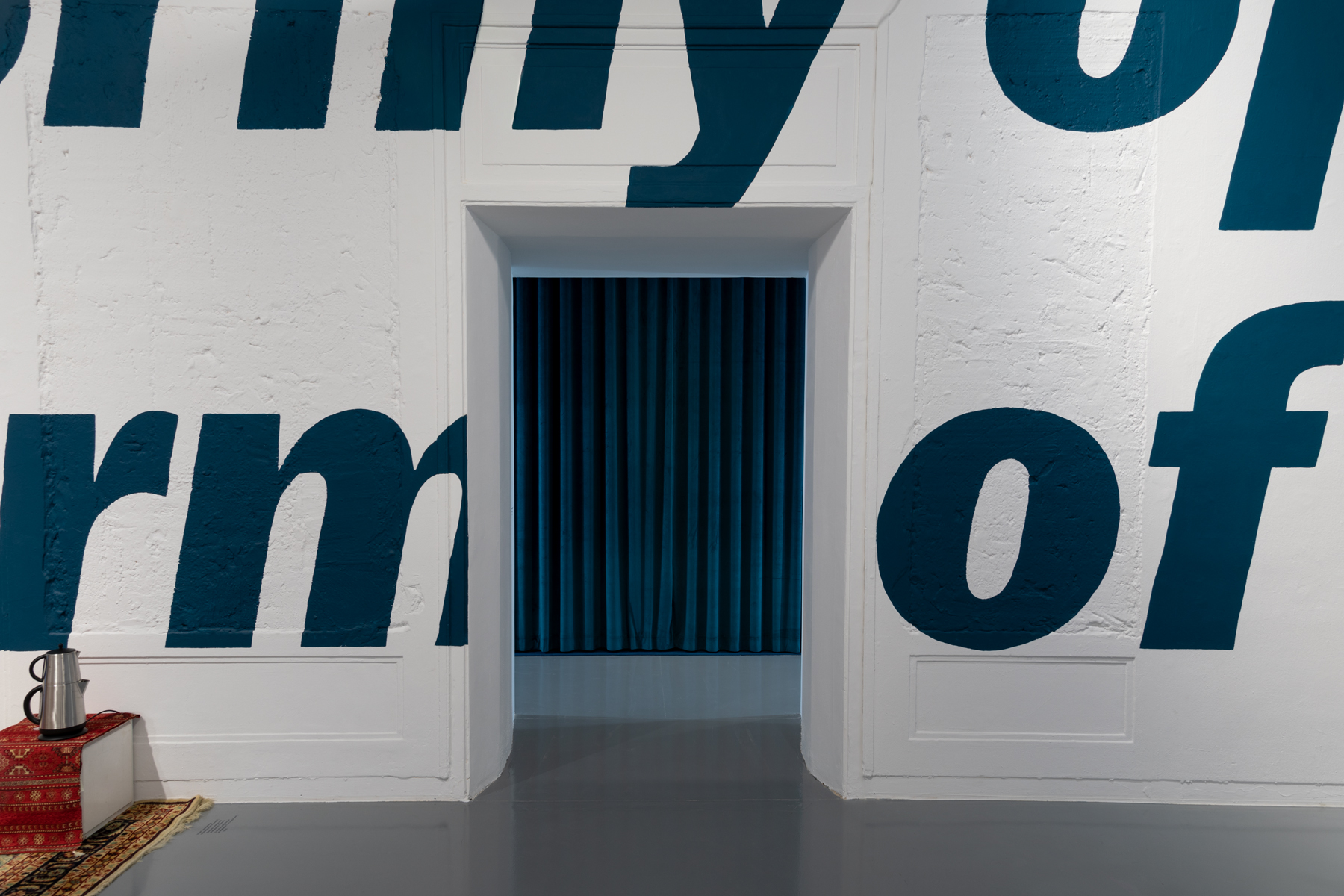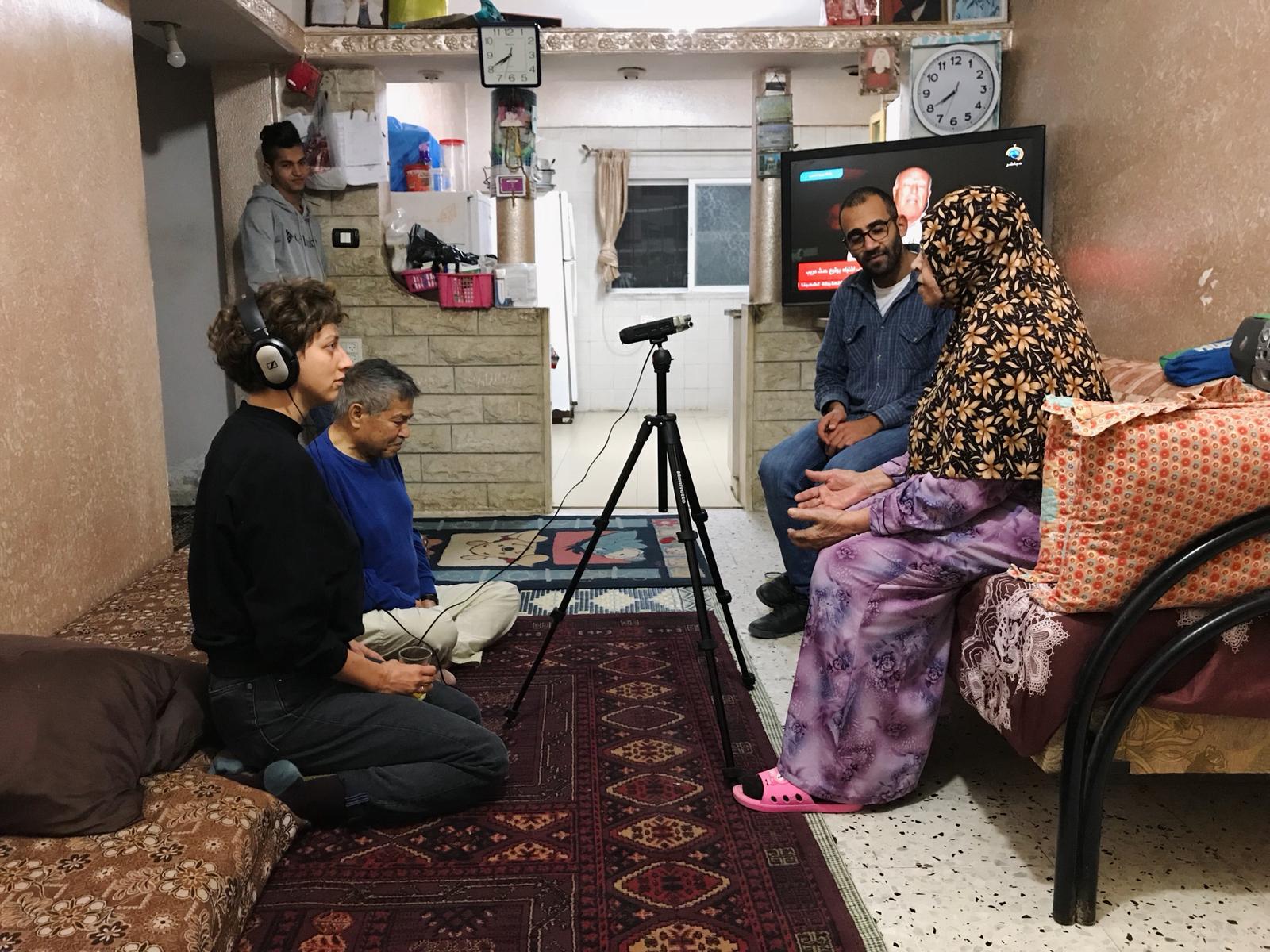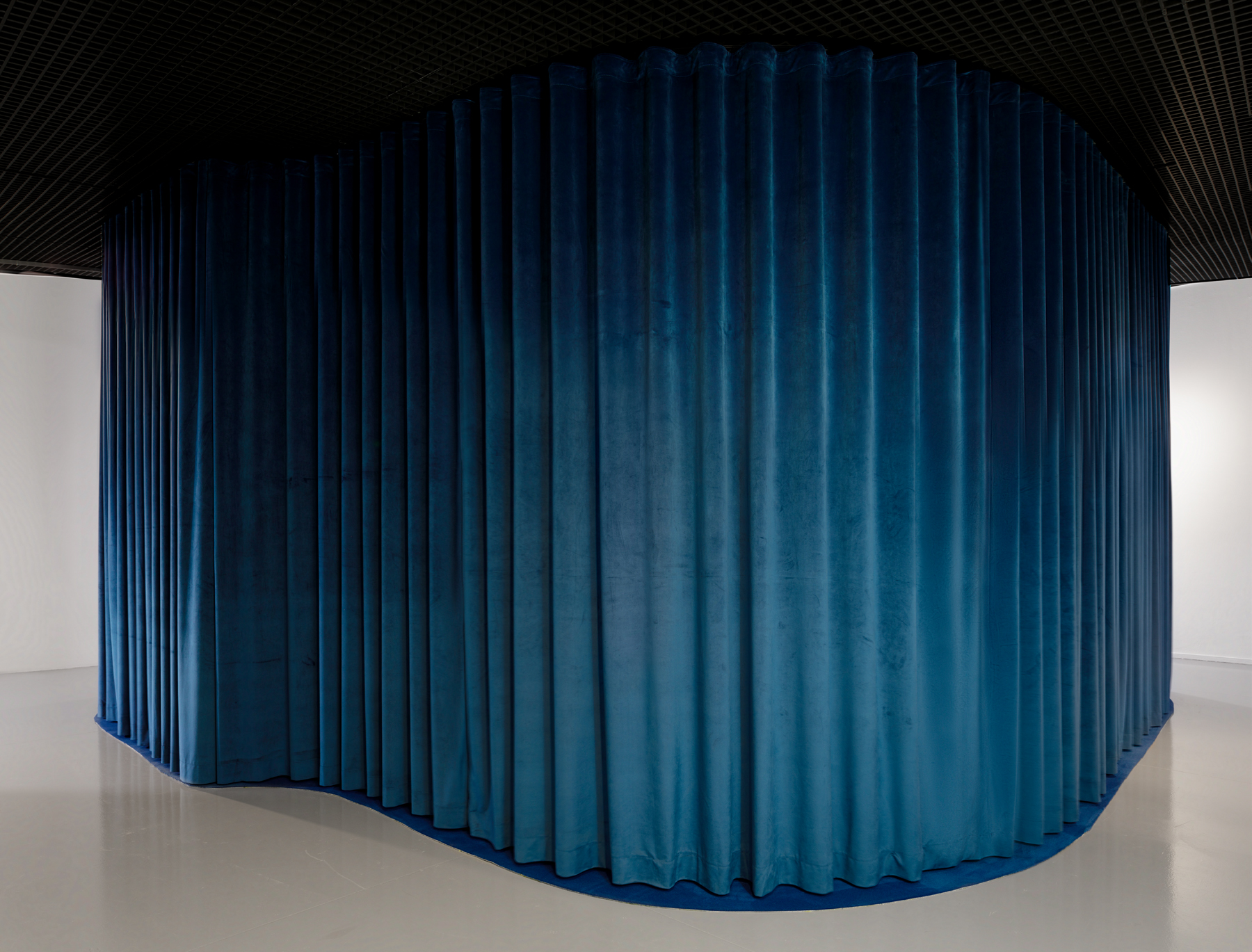

JASON
As part of cooperation with the Ujazdowski Castle Centre for Contemporary Art in Warsaw, we have supported another artistic event with our fabrics, namely the exhibition “Everyday Forms of Resistance”. Spring and Jason fabrics were used to create the installation by Karolina Grzywnowicz “Every song knows its home”.

The exhibition Everyday Forms of Resistance tells viewers about the ways of dealing with situations like armed conflicts or natural disasters. Returning to nature, preparing meals together, telling stories – in a situation of constant danger, virtually every gesture can be a manifestation of strength that allows you to survive and preserve the meaning of life. In this project, resistance is understood as endurance, hospitality, small everyday gestures, and rituals: preparing meals, growing plants, singing songs, rebuilding destroyed houses.
The project, curated by Ika Sienkiewicz-Nowacka, is the result of many years of work by Palestinian artists – Jumana Emil Abboud, Noor Abed, Ahmad Alaqra, Mirna Bamieh, Forensic Architecture, Sandi Hilal and Alessandro Petti from the DAAR collective, Jumana Manny, Mahommad Saleh – as well as the outcome artistic residencies, travels, research and work with local communities undertaken in the last four years by female artists from Poland: Karolina Grzywnowicz, Joanna Rajkowska, Jaśmina Wójcik and Marta Wódz.
Everyday Forms of Resistance. Film: Marta Wódz
During her residency in Palestine, Karolina Grzywnowicz worked on her long-term project Every song knows its home. The artist collected songs sung by refugees during her journey as well as those that were written after its completion, creating a kind of saga, a story that preserves the memory of the injustice suffered. In this project, each heard melody, each hummed song may appear as part of a larger whole, as “a fragment of the tradition of the oppressed”.

The installation “Every Song Knows Its Home” is an attempt to capture the community-building nature of these songs and their performance. In Ramallah, Karolina Grzywnowicz recorded songs sung by members of the Palestinian diaspora. They not only preserve erased and suppressed memories but also, in this particular geopolitical context, may become a form of resistance.

These velour fabrics were selected for the project because of their haptic properties, softness associated with a sense of security, and sound absorption. In the case of Spring, the double width turned out to be an advantage, as it allowed sewing richly draped, 5-metre-high curtains closing the installation space.
More information about the exhibition:
https://u-jazdowski.pl/en/programme/exhibitions/codzienne-formy-oporu?tid=t_content